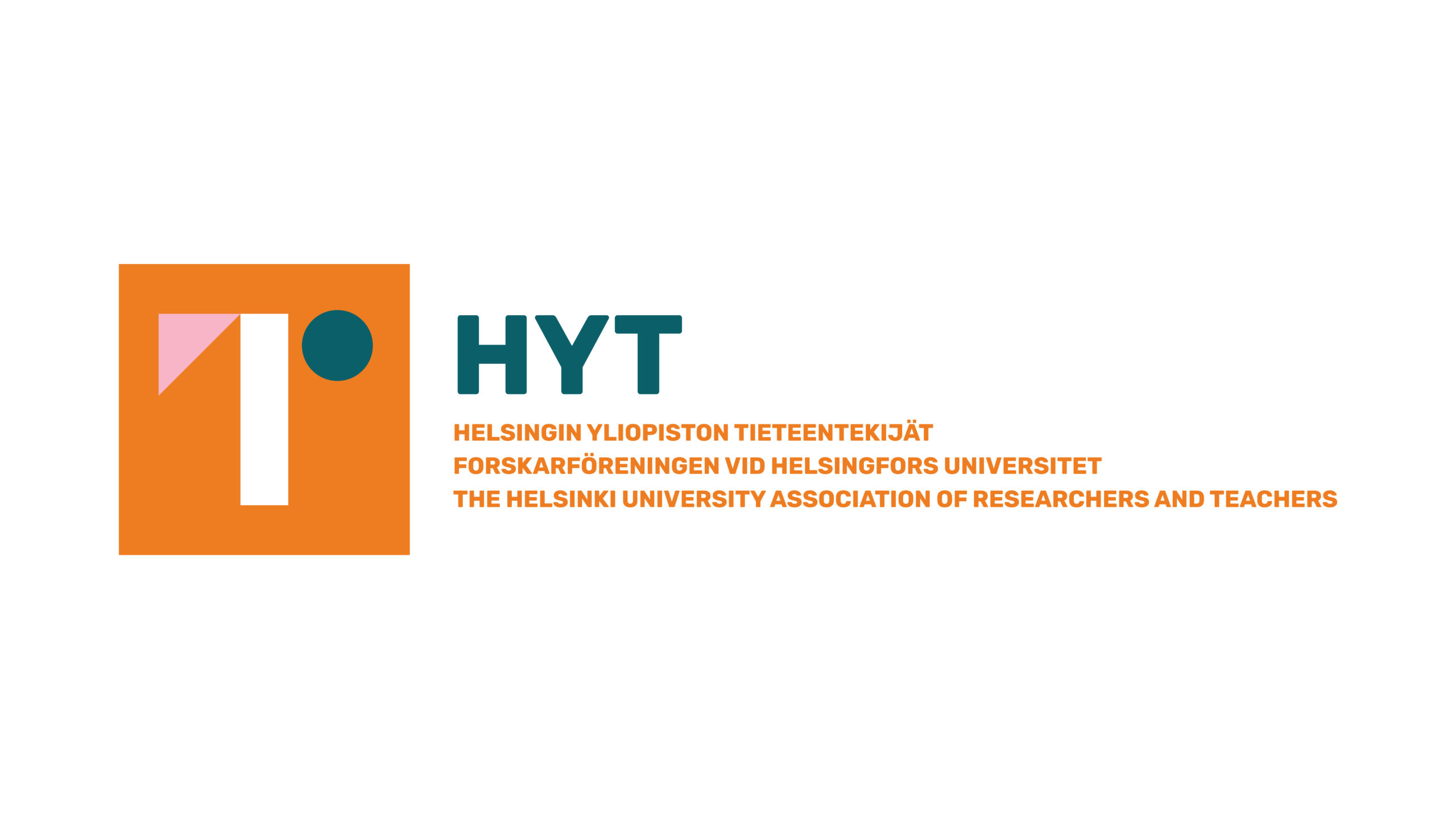The Covid-19 pandemic has resulted in exceptional circumstances that have demanded exceptional flexibility from all. One would hope that the University of Helsinki would play a leading role and support those who are in a vulnerable position. First and foremost, one would hope that the university would look after the entire academic community. Instead the university has – at least according to its preliminary guidelines – decided to charge grant-funded researchers full rent for office spaces even during the state of emergency. The rationale is that rent (which is also called university compensation) covers other services as well, such as digital library services and data communications as well as the digital infrastructure offered by the university, for example, the services that require login credentials. This policy is questionable for several reasons.
Firstly, the grant-funded researchers that are PhD candidates are entitled to all the above-mentioned services based on their study right as long as they are registered as attending. The thought that a PhD candidate who rents an office would (during the state of emergency) have to pay for services that PhD candidates who do not rent an office would continue to use based on their study right is indefensible. An ethically-sustainable solution would be to not charge rent for the period that guidelines recommend work be carried out remotely.
Secondly, the state of emergency has been particularly unsettling for grant-funded researchers (as well as other part-time workers). Delays in, for example, data collection and consequently in publishing research results have generated worry regarding future funding and income. You can read more about this subject in this study conducted by HYVÄT (University of Helsinki PhD students). Another recommended article on the subject by Terhi Hautamäki is published in Acatiimi “Data collection interrupted”. A helping hand to grant-funded researchers burdened with stress would be more than welcome.
It is worth emphasising that charging grant-funded researchers rent at all, even outside a state of emergency, is a questionable practice on the part of universities, as Pauli Väisänen has discussed in a recently published blog post. The universities’ intentions were undoubtedly good, and the compensation foundations provided to them were intended to promote grant-funded researchers’ position. In practice, however, these good intentions have turned against themselves. Faculties within the university have differing policies, which means that grant-funded researchers are not all treated equally. As Väisänen writes: “If you stop to think about it, the basic idea behind university compensation has been turned on its head. Not only do grant-funded researchers produce their publications and research in the university’s name but they must also pay for it.”
We would like to remind the university that grant-funded researchers are part of the university community. Not only do they produce an essential share of research carried out at the university; many of them also teach under an hourly contract. Grant-funded researchers must be acknowledged as true members of the university community not only when speaking about the number of publications produced at the university,d but also when speaking about researchers’ working conditions, resilience, and wellbeing.
HUART is currently establishing a working group that will focus on promoting the interests of grant-funded researchers. Do you have ideas for how grant-funded researchers’ situation could be improved? Or do you have questions, thoughts, or suggestions related to this matter? Would you like to take part in this effort? Contact HUART’s organisation secretary Kersti Tainio: hyt-toimisto@helsinki.fi
Julia von Boguslawski, HUART Board Member,
PhD Candidate, Faculty of Arts
Kersti Tainio, HUART Organisation Secretary
